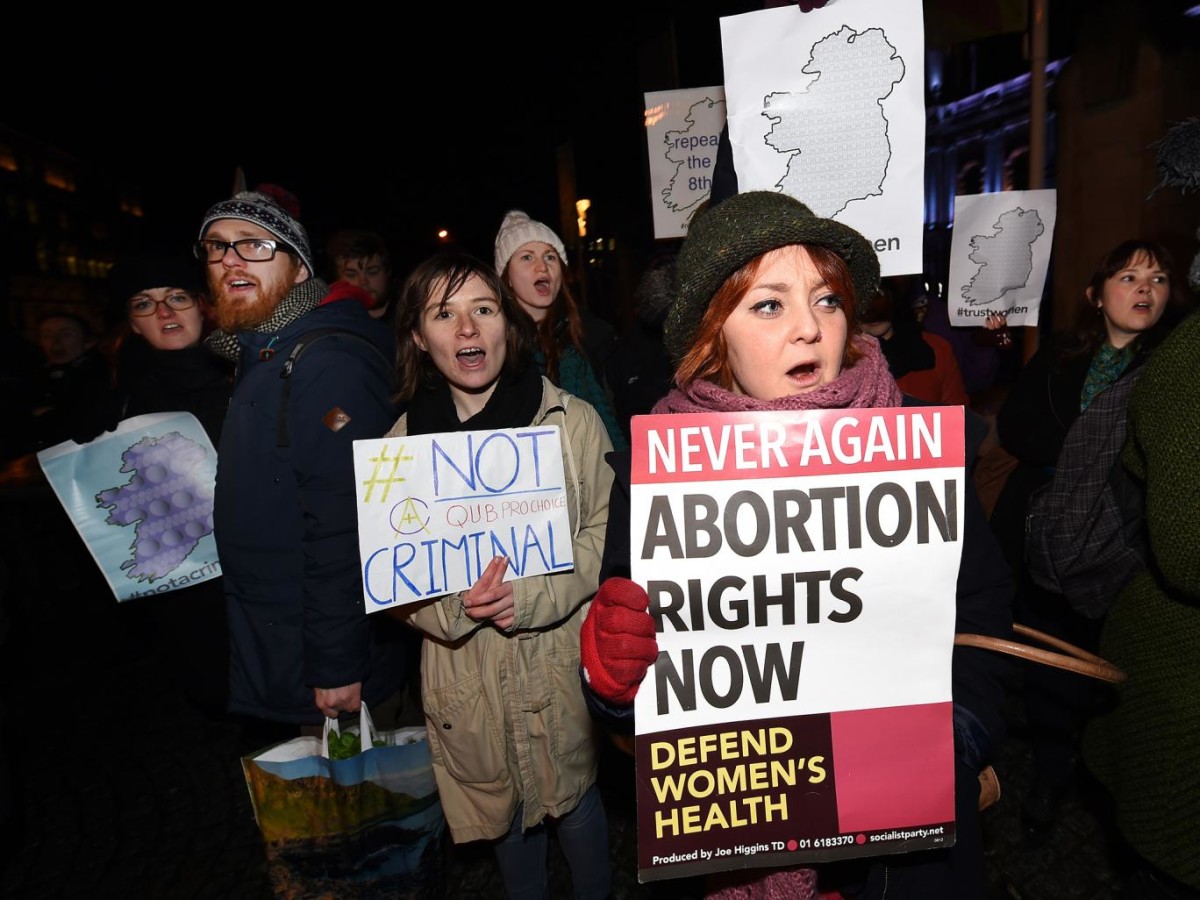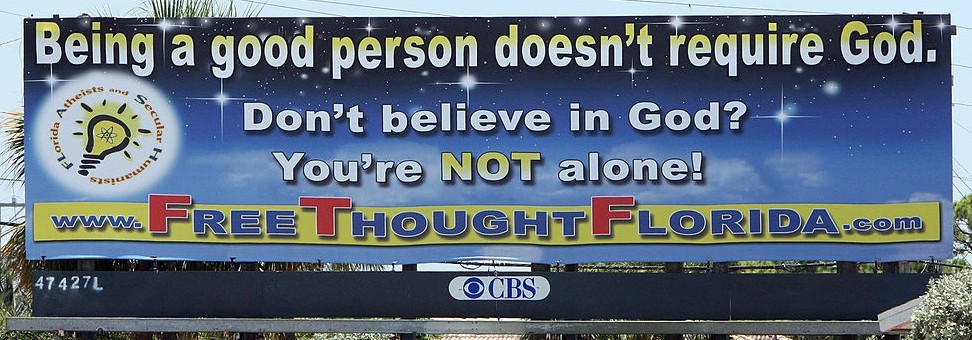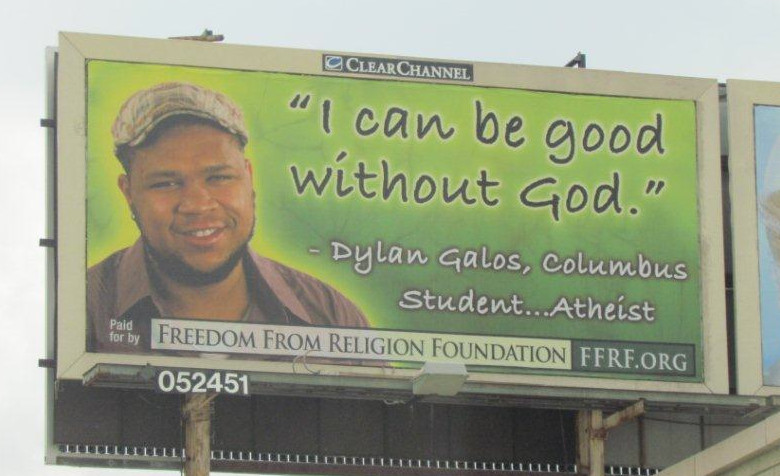By Dinosaur Dave.
In light of the recent abortion pill court case – brought against an unnamed women who bought drugs on the Internet to procure her own abortion, then left the resulting body in a bin – you would think that the spotlight would have been shone upon the guilty party. Like, you know, what normally happens when human remains are found in a bin.
However, as society continues to sink into subjective moral madness, even some Christians are confused. Instead of standing up for the weakest and most defenceless members of the human race, as Christians are called to do, some Christians – media darlings of the liberal kind – are stepping off the bench to bat for Team Abortion. The media darling, in this case, happens to be Rev. Lesley Carroll, styled by the newspapers as a “senior Presbyterian cleric”.
As part of the research carried out by the Belfast Feminist Network, Rev. Carroll said:
“While I am not in favour of a blanket extension of the 1967 Act, I do think there needs to be more discussion with an emphasis again on choice and on the fact that we can draw lines where we want them to [sic].”
When pressed by the News Letter on her beliefs regarding whether life begins at conception, Rev. Carroll replied:
“These are very technical debates, but we are already in a situation where women can go and get the morning-after pill. So we’ve already made that judgement, if you like. Society has already made that judgement even by allowing the morning-after pill.”
Now, I know I’m a regressive old dinosaur (a Theolosaurus Rex, to be exact), but I happen to know that science establishes human life begins at conception (more on that later). It matters not what society judges. And her views, despite what some liberals will have you believe, are at complete odds with Christianity in general. Indeed the Presbyterian Church of Ireland, Rev. Carroll’s own denomination, was moved to issue this statement on the following Monday morning, reaffirming:
“[T]he Presbyterian Church in Ireland holds a strongly pro-life position. We believe that the current law attempts to protect both the life of the mother and the unborn child.”
There are numerous reasons why the vast majority of churches take this stance, namely the compelling scientific and philosophical arguments in favour of the pro-life position, but since Rev. Carroll claims to be speaking for Christianity, let’s look at what the Bible says. Now, I know Rev. Carroll prefers to go by what society says, and society, mostly, couldn’t give two crusty fossils about what the Bible says, but I’m going to quote from it anyway:
“I praise you because I am fearfully and wonderfully made; your works are wonderful, I know that full well. My frame was not hidden from you when I was made in the secret place, when I was woven together in the depths of the earth. Your eyes saw my unformed body; all the days ordained for me were written in your book before one of them came to be.”
– Psalm 139:14-16
In addition, the New Testament writers believed that the unborn were fully human and valuable. The birth of Jesus and John the Baptist were examples of this (Matthew 1 and Luke 1).
But if Rev. Carroll isn’t persuaded by the biblical arguments, she should take a look at what cold, hard science has to offer. Hymie Gordon (BSci, BM, BSurg, MD, FRCP), professor emeritus of Medical Genetics at the world-renowned Mayo Clinic in Minnesota, said this at a US congressional hearing on individual life:
“But now we can say, unequivocally, that the question of when life begins is no longer a question for theological or philosophical dispute. It is an established scientific fact. Theologians and philosophers may go on to debate the meaning of life or the purpose of life, but it is an established fact that all life, including human life, begins at the moment of conception.”
And in the stages after conception, even leading abortionists admit that abortion kills a human being. Dr. Warren Hern, author of Abortion Practice – the medical text that teaches abortion procedures (!) – told a Planned Parenthood conference:
“We have reached a point in this particular technology [D&E abortion] where there is no possibility of denying an act of destruction. It is before one’s eyes. The sensations of dismemberment flow through the forceps like an electric current.”
The science is crystal clear, even for a regressive old dinosaur like me. Science has placed a window into the womb and given us indisputable evidence for the humanity of the unborn. It is a fact that a fertilised human ovum is wholly human, because, from the very moment of fertilisation, all genetic information needed for an individual human being is present. It is also a fact that abortion ends that human life. The abortionist who informs all other abortionists says so.
So, for the Christian, Psalm 139 is no glib quotation of Scripture – science backs it up. The words of Psalm 139 are an old-fashioned way of confirming that the frame of our body, our characteristics, our being is all contained in the secret place of the womb, under the sight of God – the God that Rev. Carroll claims to believe in.
For the good of human life, then, the spotlight must swing back from abortion-choice to pro-life. If it is wrong to take the life of a born human being in the name of ‘choice’, then it follows that it’s wrong to take the life of an unborn human being in the name of choice. A human being’s geographical location (the womb) is irrelevant. Human value is not determined by location (or any other arbitrary criteria), it is determined by humanness.
But Rev. Carroll disagrees. She thinks that society gets to decide. She claims that the question of when life begins is a “very technical debate”, despite what science and scripture says. She believes there should be “more discussion with an emphasis again on choice”. In Rev. Carroll’s book (which I don’t think is the Bible), human life is not necessarily fearfully and wonderfully made.
The only thing that Rev. Carroll seems to believe is truly fearfully and wonderfully made is her own opinion. I don’t know about you, but this dinosaur thinks she’s scientifically and, crucially, biblically wrong.




